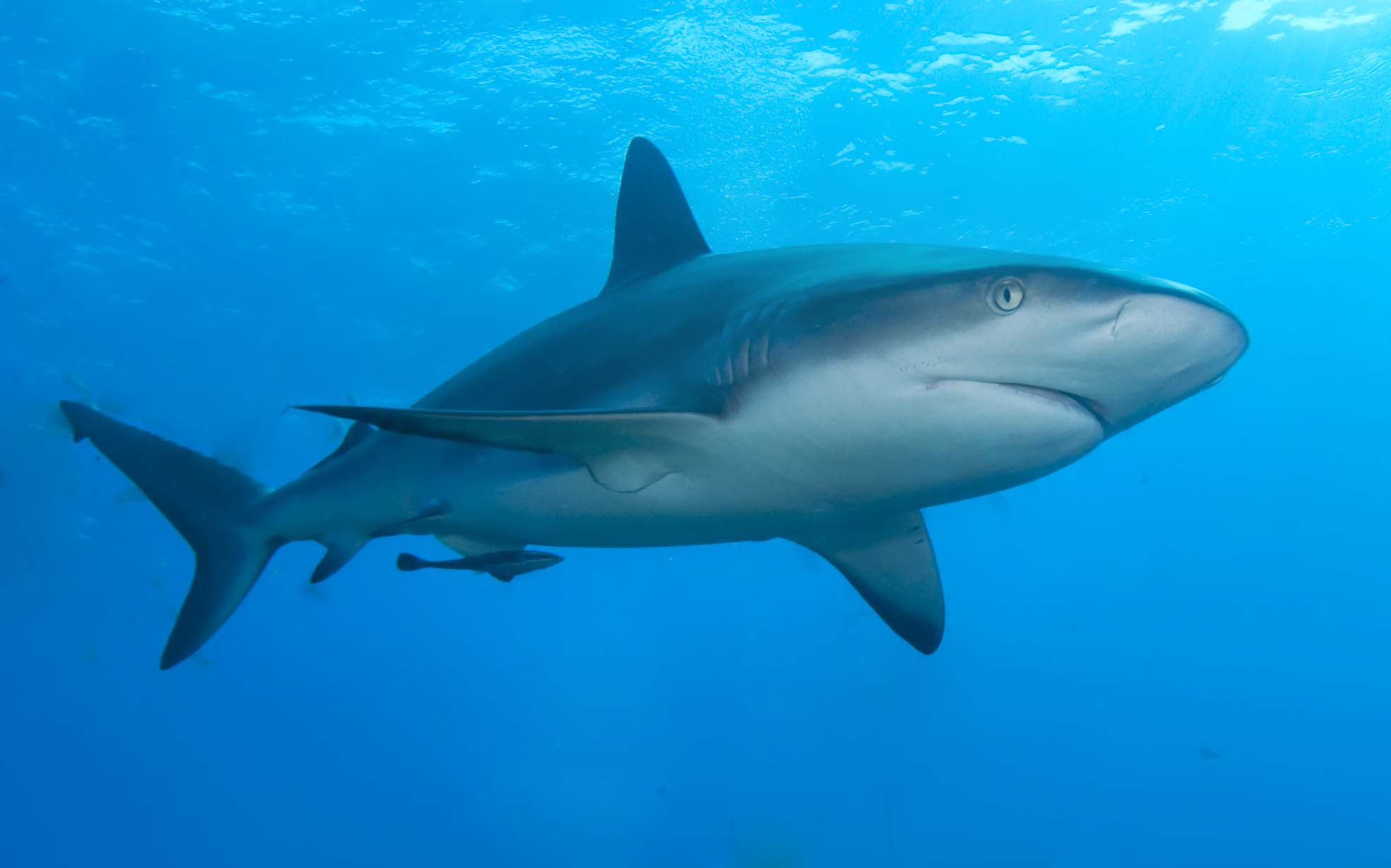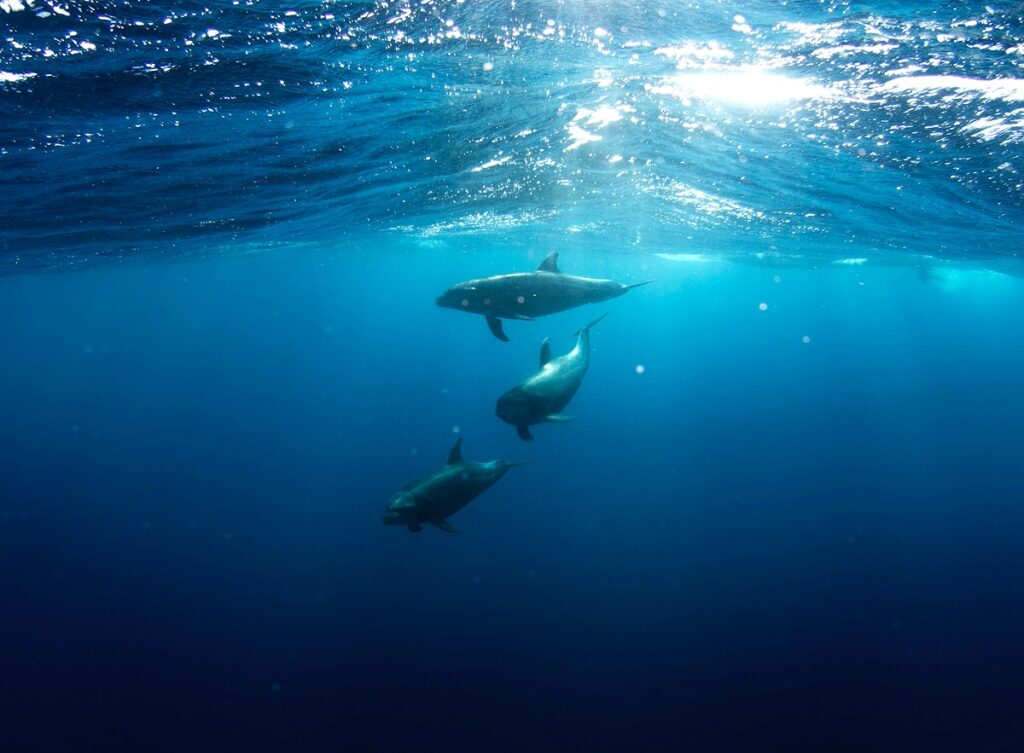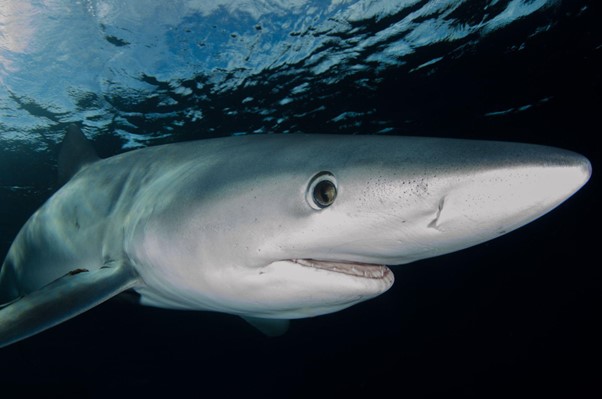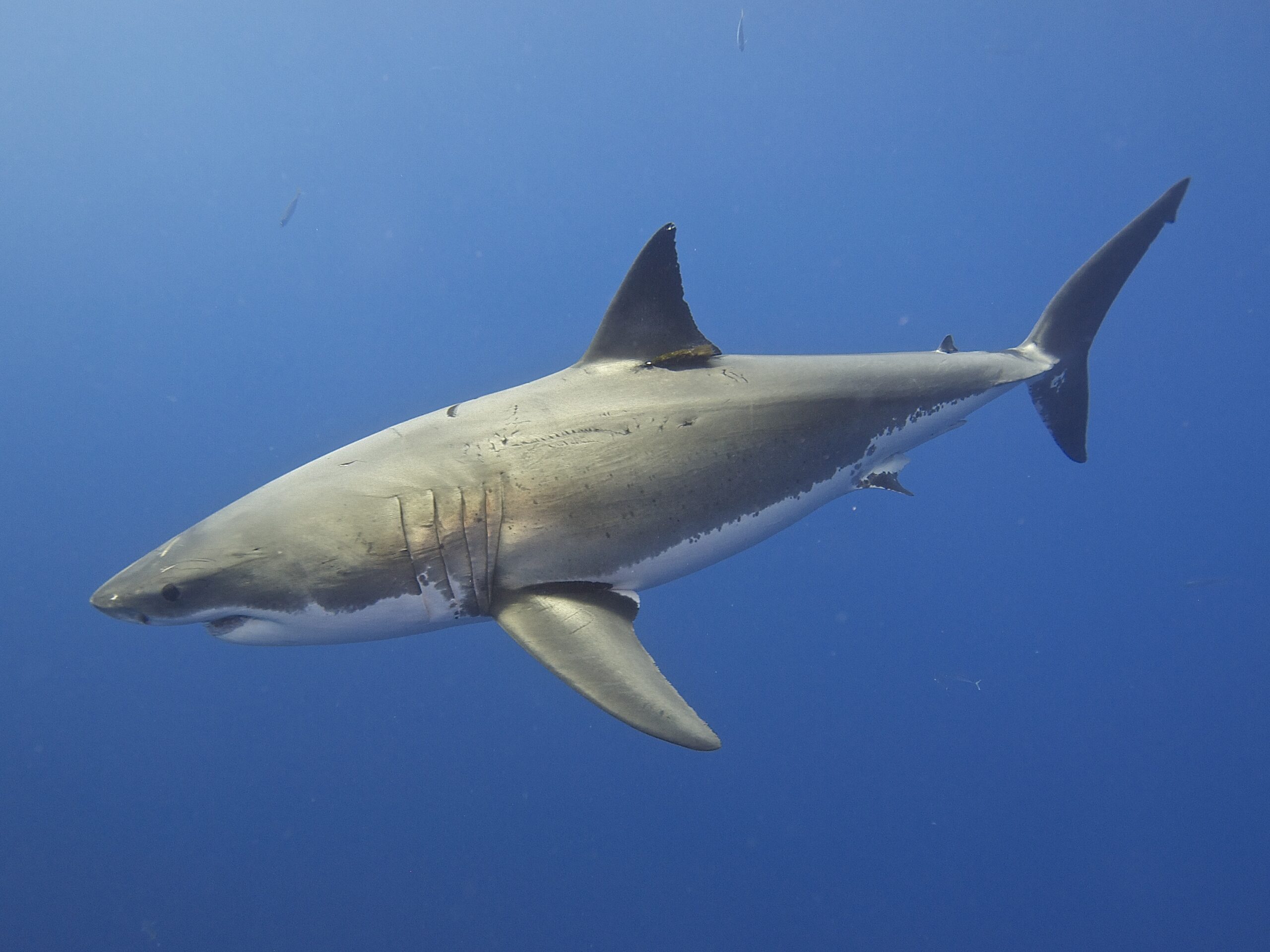If you have ever contemplated the most popular question asked about sharks “Do sharks have bones in their body?” then you are definitely not alone! No doubt sharks are the splendid creatures of the ocean and have been roaming in the ocean water for a long time. These elegant creatures are still misinterpreted by many people but thanks to their infamous status which makes many people inquisitive but not many of them are interested to find out the queries. If you are curious to know the answer, let’s figure this out if sharks have bones or not, and what they have instead of bones!

Sharks don’t have bones – Fact or Fiction?
Well, it is true that sharks do not have bones but that doesn’t mean that they are flappy like a jellyfish. Sharks possess a tough and strong skeleton made up of cartilage and connective tissues, cartilage is much softer, flexible and less denser than bones but it strong enough to embrace the skin and the muscles of the giant creatures in place, it just same as the cartilage hold your nose and ear in place. Can you feel it? Yes, it’s cartilage. The cartilaginous skeleton helps the sharks to move speedily and circling throughout the ocean.
Pros of having a cartilaginous skeleton are listed below:
- The cartilage skeleton helps them to minimize weight and make it easier for them to swim with high speed in the ocean.
- Like bony fishes, sharks do not require a swim bladder in fact their skeleton provides them buoyancy to float and allow them to save energy for hunting and become efficient predators.
- The cartilage skeleton is very flexible so that sharks can easily turn, twist and bend even when moving at faster rate.
- The cartilage makes their jaws more extendable and gives the competence to open it wide as much as they can, thus having a stronger biting force.
- As bones require much time to heal, the cartilage helps them to heal faster and possess much thicker skin to protect them from wounds. So it means nothing to them if they get minor injuries.
How does cartilage skeleton benefit sharks?
Sharks are known as the apex predator of the food web, having cartilage instead of bones helps them to maintain their revered rank, the cartilage is lighter than bones and flexible enough to allow them to roam in the ocean as fast as they can. Moreover, due to cartilaginous skeleton, they were able to catch their prey quickly and swiftly turn around to catch them without losing much of their energy.
What if sharks have bones?
There is a conviction that the ancestors of the sharks do have bones but over the years they undergo evolutionary changes to survive better in their habitat but the prehistoric fossils records depicted that the earliest ancestors also had skeletons made up of cartilage rather than bones. If sharks have bones instead of cartilage skeleton then perhaps they would not be fast swimmers to catch their prey as proficient as they do now or might be they won’t be able to retain their position as the top predator. Thus evolution has played a vital role in becoming sharks and fearless predators today they are!
Are sharks vertebrates – how?
Despite having not even a single bone in their body, sharks are considered vertebrates – Yes, that’s true! Although sharks do not have bones but they do have backbone (vertebrae), notochord and the spinal cord, all these structures make them vertebrates – just like you! The vertebrae of sharks is actually a calcified cartilage having calcium salts which make it hard enough to hold the body of shark and provides protection to the spinal cord.
How do sharks live without bones?
Sharks are without bones which means that they are without bone marrow and red blood cells then how do they survive? Think! Don’t get confused! Let me tell you! Sharks were able to survive because the unique type of blood which circulates in their entire body is produced in the epigonal organ and spleen and Leydig’s organ – the special organ present in the members of Chondrichthyes family. So these huge monsters need cartilage to live in the oceanic world whereas terrestrial beasts need bones to walk on land like you!
What does it conclude?
There are hundreds of species of sharks living in the oceanic world, some are large, others are small in size, and some vary in color and have distinguishing features. But one thing which is common in all species of sharks is that all sharks are without bones, they have a skeleton made of cartilage which provides them all sorts of protection and make their survival in the ocean water quite easy.







